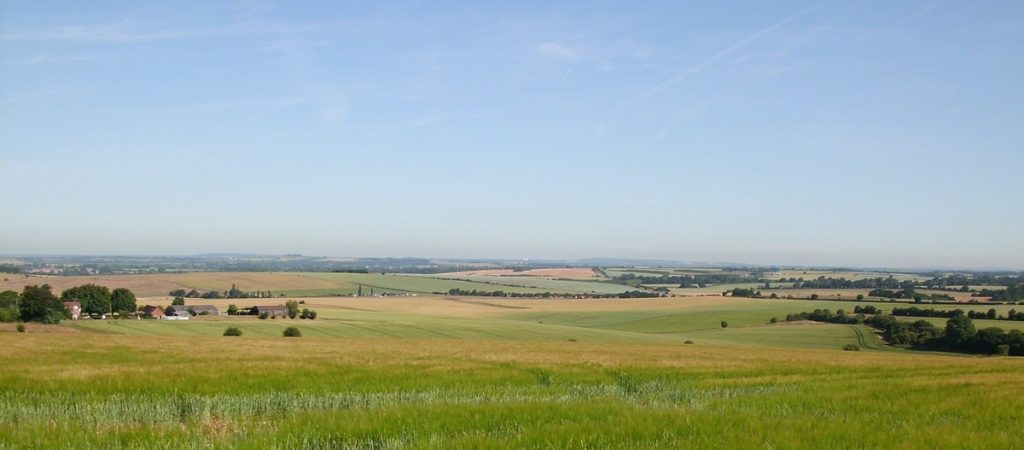A winter chill for the Overheated Arc
A winter chill is blowing hard through the so-called “Oxford-Cambridge Arc” as ministers slowly come to realise it would fatally undermine their levelling-up agenda
The recent unpublicised run-down of the Civil Service team at the Department for Levelling Up, Housing and Communities responsible for imposing the Arc on the five threatened counties only confirms the rapid cooling in recent weeks. Its ”portfolio director” seems to have headed north for a job in Scotland.
The beginning of the end came with the Prime Minister’s levelling-up speech in July and accelerated with his conference address in September. Yet even though the DLUHC team have been broken up and its boss has departed to do something useful elsewhere, the spectre of Arc destruction is still, officially, a major threat to the area.
The “Arc Leaders Board” has long been salivating over the apparently huge sums in Government largesse for infrastructure and planning the Arc has generated over the past six years. These wouldn’t have been nearly enough, given the scale of destruction ministers hoped to unleash, but they must have seemed so to councils reeling from years of austerity.
Finally, one leader has broken ranks and expressed her frustration in public. Vale of White Horse District Council leader Emily Smith used her Leader’s Statement to confirm that the Arc is sinking fast.
“Alarmingly, in the Comprehensive Spending Review announcements last month, none of the expected funding for sustainable infrastructure in the Arc was forthcoming, there is no longer a minister for the Arc and the team of civil servants who were leading the project have been moved to other levelling-up work,” she complained earlier this month. “I was due to attend an Arc Leaders’ meeting with other council leaders and local enterprise partnership representatives last week to hear from civil servants about the new ministerial team’s plans for the Arc, but they pulled out at short notice.”
She complained those council leaders in the Arc who still support it (sadly that’s most of them) have been left in limbo. Where would “desperately needed Government funding” for sustainable travel and social infrastructure come from to support house building?
It’s very tempting to point out that a handful of Arc councils saw through the whole thing and looked beyond the cash bribes offered to those that went along with the plan to build a million houses and heaven knows what else in England’s bread and vegetable basket.
Our three reports have demonstrated the fatuousness of the claims made about the Arc, especially its failure to consult the public, consider alternatives or provide any evidence to back claims the five counties are an economic agglomeration of any kind apart, that is, from the one industry they almost never mentioned – agriculture.

It was left to the Stop the Arc group to survey the Arc’s residents. 93% of them said they didn’t want it. Electors in Chesham and Amersham underlined that.
Of course Whitehall very seldom puts a public end to minsters’ pet projects even when millions have been wasted on them. They are simply allowed to quietly fade away.
This was the fate of New Labour’s “eco towns” project for instance, though a handful have re-emerged in the even more destructive “garden communities” programme.
So maybe the Arc Spatial Framework consultation that contained no clue about where the million homes were going to be dumped was the beginning of the end.
Property consultants with their snouts deep in this trough will continue to press and persuade, so the Arc’s demise is far from certain. And meanwhile there are still huge pre-Arc plans for urban sprawl, road building and HGV-dependent distribution sheds in the area.
So the campaign must continue and no-one can drop their guard. The Stop the Arc campaign will continue; the dangers the Arc presents were well explored at its recent conference.
But before any more time, money and anguish are wasted on this nightmare, wouldn’t it be nice if, for once, someone in power were to stand up and say: “It’s over”?
Jon Reeds
 Jon Reeds
Jon Reeds
 Nigel Pearce
Nigel Pearce